Cambridge by any other name
| Title | The People's Republic of Cambridge |
| Creator | The Institute for Infinitely Small Things; Hedberg Maps, Inc. |
| Year | 2008 |
The title on this map asks an important question about the names that appear on our maps and in our landscapes: “Whose history is consecrated and whose is forgotten?” In the New England states, streets, squares, and public buildings tend to be predominantly named after white men who were prominent in public affairs. For instance, Boylston Street, where the Boston Public Library is located, is named after Ward Nicholas Boylston, a merchant who was a financial backer of Harvard University.
This map was created by the Institute for Infinitely Small Things, a group of artists and activists that “conducts creative, participatory research that aims to temporarily transform public spaces dominated by corporate and political agendas.” In 2008, the Institute held a series of renaming events across the city of Cambridge, encouraging people to submit their own names to replace the ones that reflected an older and less inclusive perspective on Cambridge's history.
The reverse side of this map contains an index describing the new names. Some names are idiosyncratic: Chalk Street is renamed to Humpty Dumpty Street because “a Cambridge DPW worker told us to.” Others are more pointed: Massachusetts Avenue is renamed to Prince Hall Boulevard, after a prominent African-American of the Revolutionary War period.
Bibliography
- D'Ignazio 2016
- Catherine D'Ignazio, “Civic Imagination and a Useless Map,” in Amber Day, ed., DIY Utopia (Rowan and Littlefield, 2016). oclc:1041303666
- kanarinka 2011
- kanarinka, “The City Formerly Known as Cambridge: a useless map by the Institute for Infinitely Small Things,” in Michael Dear, et al., eds., GeoHumanities: Art, history, and text on the edge of place (Routledge, 2011). oclc:726737706
